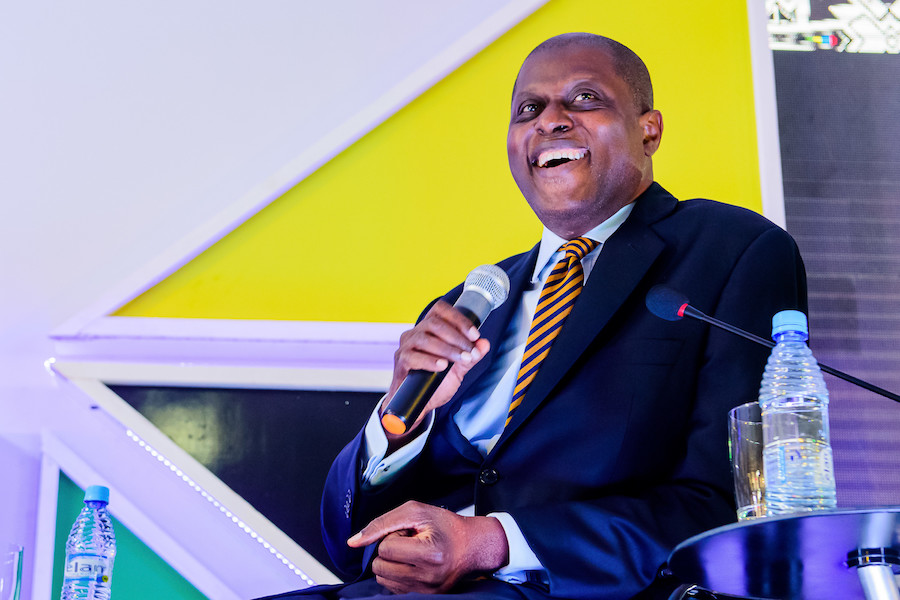ABUJA, Nigeria – The House of Representatives has urged the Central Bank of Nigeria (CBN) to suspend its recently announced increase in Automated Teller Machine (ATM) transaction fees, citing concerns over the additional financial burden on citizens already grappling with economic challenges.
The resolution was passed during a plenary session on Tuesday, March 11, 2025, following the adoption of a motion sponsored by Marcus Onobun, the lawmaker representing Esan Central/Esan West/Igueben Federal Constituency of Edo State.
In February, the CBN announced a review of ATM transaction fees, effective from 1 March, to address rising operational costs and enhance efficiency in the banking sector.
Under the new policy, customers withdrawing from their bank’s ATMs (on-us transactions) will continue to enjoy free withdrawals.
However, a N100 fee per N20,000 withdrawal will apply at on-site ATMs (those located at bank branches).
For withdrawals at ATMs of other banks (not-on-us transactions), an off-site withdrawal will attract a N100 fee plus a surcharge of up to N450 per N20,000 withdrawal.
The CBN stated that the surcharge is the income of the “ATM deployer/acquirer and must be disclosed to consumers at the point of withdrawal.”
The last review of ATM transaction charges was in 2019, when the CBN reduced withdrawal fees from N65 to N35.
While the apex bank justified the increase as being in line with Section 10.7 of the “CBN Guide to Charges by Banks, and Other Financial and Non-Bank Financial Institutions (2020),” the House of Representatives argued that the move would exacerbate the financial struggles of Nigerians.
Moving the motion, Onobun highlighted the economic hardships faced by citizens, including inflation, high fuel costs, and increased electricity tariffs.
He also pointed to the numerous banking and service charges that have significantly reduced disposable income and negatively impacted economic welfare.
“Imposition of additional ATM withdrawal charges will further limit the financial inclusion of Nigerians by discouraging low-income earners from accessing banking services, thereby contradicting the CBN’s financial inclusion agenda,” Onobun said.
He added that the banking sector has continued to record significant profits, making the imposition of further charges on consumers without corresponding improvements in service delivery or infrastructure unjustifiable.
“The government needs to protect citizens from exploitative financial practices that may lead to further economic distress,” he emphasised.
The motion was unanimously adopted after Speaker Tajudeen Abbas called for a voice vote.
The House has now called on the CBN to suspend the fee hike pending further consultations and a review of its potential impact on Nigerians.
The decision has sparked mixed reactions, with some stakeholders supporting the House’s intervention as a necessary step to protect consumers, while others argue that the fee increase is essential to sustain banking operations and infrastructure.
The CBN is yet to respond to the House’s resolution. However, the development underscores the growing tension between regulatory policies and the economic realities faced by ordinary Nigerians.







